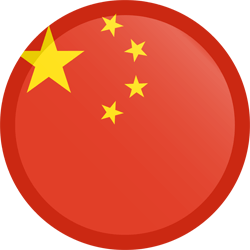- cross-posted to:
- world@quokk.au
- cross-posted to:
- world@quokk.au
[This is an op-ed by Tenzin Dorjee, senior researcher and strategist at the Tibet Action Institute and lecturer in the discipline of political science at Columbia University, and James Leibold, professor of politics and Asian studies at La Trobe University in Melbourne, specializing in Chinese ethnic policy, nationalism, and authoritarian governance.]
In the more than seven decades since Chinese troops stormed into Tibet to claim authority over the Himalayan region, the Tibetan people have been forced to endure the dismantling of their religious institutions, the erasure of their cultural identity, and most recently, the displacement of their language. The few features of traditional Tibetan life to have escaped eradication, such as Tibetan architecture and Buddhist festivals, have been subjected to sinicization campaigns. The scale of the transformation has produced the common lament that not much is left of Tibet today except its name. Now Beijing plans to change that too.
Several years ago, China’s hawkish English-language Global Times tabloid began using the term “Xizang” instead of “Tibet.” Other Chinese media outlets and state agencies soon followed suit. Now the Xizang toponym — which is the pinyin romanization for the Tibet Autonomous Region (TAR) — is finding compliance from governments and institutions beyond the People’s Republic of China (PRC).
Beijing is attempting to fundamentally alter the global public understanding of Tibet, and is doing so by adopting a well-honed strategy of linguistic imperialism, one that operates at three separate levels: the discursive, the territorial, and the civilizational. But why is Beijing intent on displacing a name with deep history and wide usage, and why is it unwilling to let Tibet stand as the name of the Tibetan people’s homeland?
[…]
In recent years, the term Tibet has become inextricably linked to the movement for Tibetan self-determination. The phenomenal success of the transnational Tibet movement in the nineties and the early aughts, when the cause captured the imagination of a generation of activists and students around the world, has rendered the name of the place inseparable from the slogan “Free Tibet.” By replacing Tibet with Xizang, Beijing aims to depoliticize the global discourse surrounding the Tibetan homeland and paper over the Chinese Communist Party (CCP)’s colonial occupation, religious persecution, and human-rights abuses in Tibet.
[…]


